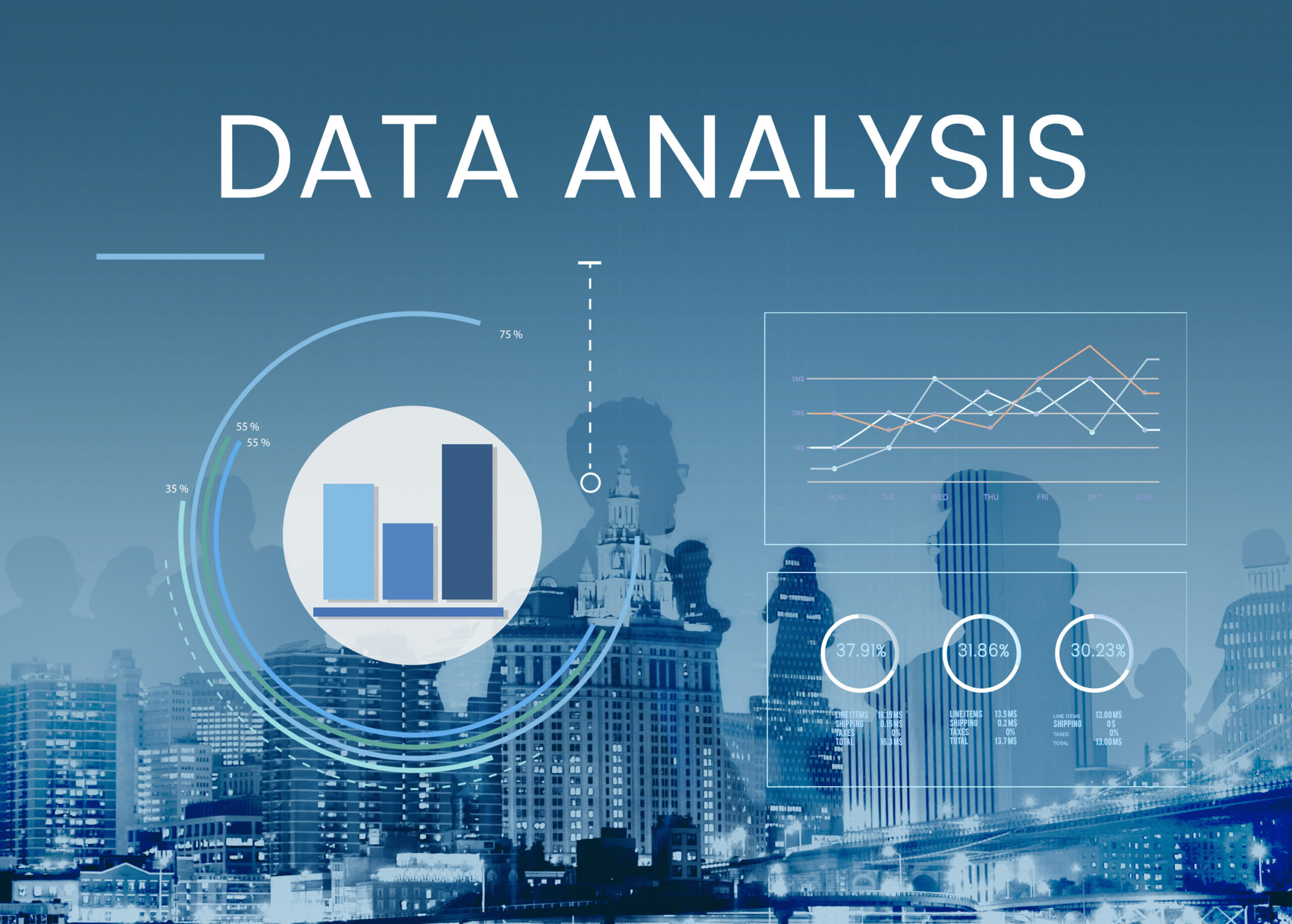In recent years, there has been a growing emphasis on sustainability and responsible business practices. Environmental, Social, and Governance (ESG) criteria have emerged as a vital yardstick for assessing a company’s commitment to these values.
ESG analytics and reporting have become essential tools that enable organizations to measure, monitor, and communicate their ESG performance. In this article, we will explore how ESG data empowers better decision-making and helps drive positive social and environmental impact.
Understanding ESG Analytics and Reporting
ESG analytics and reporting refer to the process of collecting, analyzing, and disseminating data related to a company’s performance in three key areas: Environmental, Social, and Governance. Let’s break down what each of these components entails:
-
Environmental (E): This aspect focuses on a company’s impact on the environment. It involves tracking carbon emissions, energy efficiency, waste management, water conservation, and other factors that contribute to a sustainable ecosystem.
-
Social (S): Social metrics assess a company’s relationships with its employees, customers, suppliers, and the communities it operates in. Key areas include labor practices, diversity and inclusion, human rights, and community engagement.
-
Governance (G): Governance factors examine the internal controls and structures of a company. This includes the composition of the board, executive compensation, shareholder rights, and ethical business practices.
The Power of ESG Data in Decision-Making
The relevance of ESG data lies in its capacity to drive more informed and responsible decision-making across various sectors. Here’s how it contributes to better decisions:
1. Risk Mitigation
ESG data can help identify and mitigate risks that may not be apparent through traditional financial analysis. Companies that perform poorly on ESG criteria are more likely to face regulatory fines, lawsuits, or reputational damage.
By integrating ESG data into decision-making processes, organizations can identify and address potential issues early, reducing the likelihood of costly setbacks.
2. Attracting Investors
Investors are increasingly considering ESG factors when evaluating potential investments. Companies with strong ESG records are more likely to attract responsible investors who are not only seeking financial returns but also wish to support businesses that align with their values. Access to a broader pool of investors can provide much-needed capital for growth and innovation.
3. Improving Operational Efficiency
ESG analytics can uncover opportunities for improved operational efficiency. For instance, by reducing energy consumption or waste production, a company can not only cut costs but also minimize its environmental footprint.
Identifying these opportunities through ESG data can drive innovative solutions that benefit both the bottom line and the planet.
4. Enhancing Reputation
A positive ESG track record can significantly enhance a company’s reputation. Customers are more likely to support businesses they perceive as socially and environmentally responsible. ESG data can be used to design and implement initiatives that build trust and goodwill among customers, thereby increasing brand loyalty.
5. Navigating Supply Chain Challenges
The global supply chain is becoming increasingly complex and exposed to various risks, including social and environmental issues.
ESG data can help companies evaluate the sustainability and ethical practices of their suppliers. This information is critical in reducing supply chain vulnerabilities and ensuring that business operations remain sustainable.
6. Strengthening Stakeholder Relations
ESG data can also help companies build stronger relationships with stakeholders, including employees, communities, and shareholders.
By demonstrating a commitment to responsible business practices, companies can foster a sense of pride and loyalty among their employees, attract local support, and maintain the trust of shareholders.
7. Fostering Innovation
Incorporating ESG data into decision-making can stimulate innovation. Companies that seek to improve their ESG performance often invest in research and development to create new, sustainable products or processes. This innovation not only aligns with societal needs but can also open new market opportunities.
8. Adapting to Regulatory Changes
As governments and regulatory bodies continue to develop and implement stricter ESG-related requirements, businesses must adapt to these changes.
ESG analytics and reporting can keep companies informed about evolving regulations, ensuring they remain compliant and avoid legal and financial penalties.
9. Measuring Impact
One of the most powerful aspects of ESG data is its ability to quantify a company’s impact on the environment and society.
This information allows organizations to set measurable goals, track progress, and communicate their achievements transparently.
It also enables them to align their actions with the United Nations Sustainable Development Goals (SDGs) and contribute to global efforts to address pressing issues.
Challenges in ESG Analytics and Reporting
While the benefits of ESG data are clear, there are challenges associated with its collection and reporting. These include issues related to data accuracy, standardization, and the potential for “greenwashing,” where companies misrepresent their ESG efforts to appear more socially responsible than they are.
However, as the demand for ESG transparency grows, industry standards and regulations are evolving to address these challenges.
Conclusion
ESG analytics and reporting are transforming the way organizations make decisions, guiding them toward responsible and sustainable practices.
As ESG factors continue to play a more significant role in investment, consumer choices, and regulation, companies that embrace ESG data are better positioned to thrive in a changing world.
By using ESG data to assess risks, attract responsible investors, enhance efficiency, strengthen their reputation, and foster innovation, businesses can create a positive impact on society while securing their long-term success.
As the importance of ESG continues to rise, companies that prioritize ESG analytics and reporting will not only make better decisions but also contribute to a better future for all.


